
 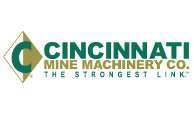

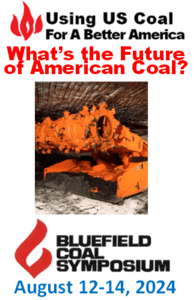




.gif)



|
Signature Sponsor

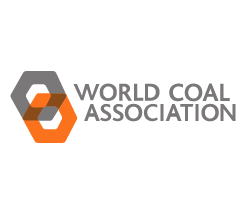
January 18, 2018 - In September 2017, the World Coal Association (WCA) and the ASEAN Centre for Energy (ACE) signed a Memorandum of Understanding (MoU) that formalized their relationship. The signing ceremony was held on the sidelines of the 35th ASEAN Ministers on Energy Meeting (AMEM) in Manila, Philippines.
The MoU demonstrates further commitment from both organizations in promoting the development and utilization of low emissions coal technologies, and to ensure that cleaner coal enhances regional energy security and sustainable development.
Benjamin Sporton, WCA Chief Executive, explains the importance of the MOU and how the two organizations will enhance their cooperation.
Why did the World Coal Association sign the MoU with ACE?
We’ve been working closely with ACE over the past 12 months on a number of projects. In May we co-organized a workshop in Jakarta that assessed the role of coal in the ASEAN region. Shortly after that, we published a report titled ASEAN’s Energy Equation which considers the role of low emission coal in driving a sustainable energy future in the ASEAN region. This MoU is the natural next step as it builds on the work we’ve done to date and formalizes our cooperation.
Why is WCA focusing on Southeast Asia?
Over the past 25 years, according to the International Energy Agency (IEA), energy demand in the ASEAN region has increased by over 150%. The scale of economic development in the region is driving a surge in demand for electricity. Since 2010, there has been a transition toward coal-fuelled power generation in many ASEAN economies.
This rising use of coal requires a cleaner coal pathway, which balances energy security, economic development and environmental sustainability. We need to support the region to use coal in the cleanest way possible. This means supporting a transition to high efficiency low emission coal technologies (HELE) and eventually carbon capture use and storage (CCUS).
What do you hope to achieve with this MoU?
Our cooperation over the past 12 months has been very productive and sets an ambitious tone for the future. The report we co-authored, “ASEAN’s Energy Equation”, was the first report looking at the cost-benefit analysis of climate and energy policies and sustainable development opportunities that cleaner coal technologies provide to the region. The ASEAN Ministers on Energy acknowledged earlier this year the continued role of coal in addressing energy security economic competitiveness, and environmental sustainability in the region by signing a joint Ministerial Statement.
We are in discussions with ACE for our future work-streams and are focused on supporting ASEAN’s cleaner coal work program. Our work so far has shown that sharing knowledge and expertise to help support the further development of cleaner coal technologies is crucial for the region and we want to continue to provide that support.
We aim to support ASEAN in delivering an energy mix that balances social, economic and environmental imperatives.
|
 
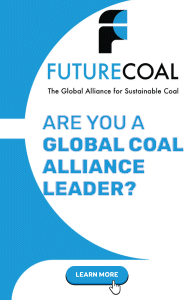

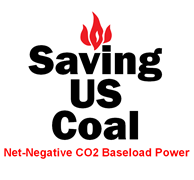



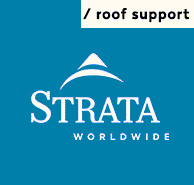


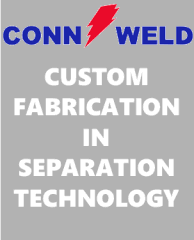

|
.jpg)